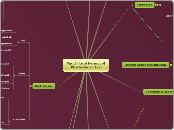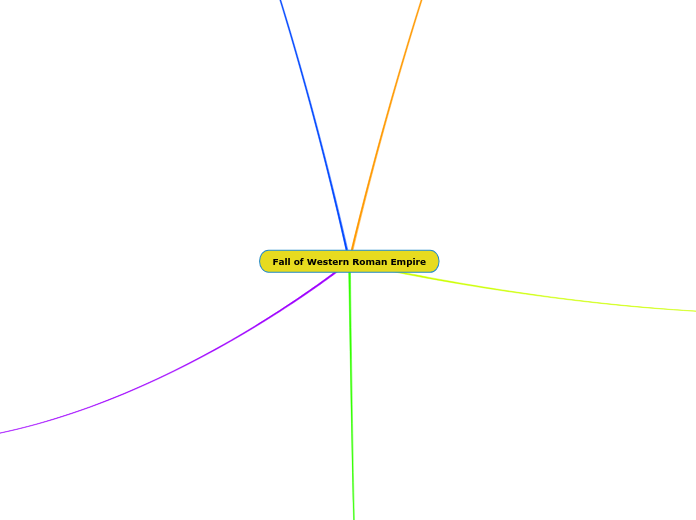Topic 2 - Legal Systems and Classifications of Law
(Hisrorical) secular, as opposed to Canon or ecclesiastical law
Relating to private litigation or action
Legal system, derived from Roman law
(England) law rather than Equity
No counterpart in Scots law
However Court of Session's power of nobile officium
Equity administered by Court of Chancery. Provision of discretionary equitable remedies where ordinary courts could not give a remedy
Case law
Type of Legal system, derived from English law
Court Processes
Tribunals
Public and private legal areas
Lesser form of judicial decision making
More inquisitorial approach
Speed
Cheaper
Informality
Expertise
Judicial review
Was process to arrive at decision lawful?
Criminal
Malum in se/Malum prohibitum
Finding of guilt
Beyond reasonable doubt
State taking action against individual
Limited scope for private prosecution
Crown office - procurators fiscal, Lord Advocate
Civil
Finding of liability
Balance of probabilities
Pursuer and defender
Disputes within private law
Classifications of Laws
Walker ch 5
Private
Relationship between individuals
Delict
Property
Contract
Commercial
Company
Family
Sucession and Trusts
Public
Relationship between individuals and state
Examples
Public International Law
Revenue
Constitutional
Administrative
Criminal
Roman law
Ius naturale
Nature and morality
Ius gentium
Foreigners
Ius civile
Amongst citizens
Law of actions
Law of property
Law of persons
Scots Law
Drawn from civilian and common law traditions - mixed legal system.
Tb Smith English influences on the law of Scotland (1954) 3 am j of comparative law 522
Cross fertilisation
Scottish influence eg negligence
Civil law
Delict
Tort in England - made up of many individual causes of action.
Liability dependant on identifying correct tort.
Wrong choice, no remedy.
Bringing case into the circumstances held to be necessary to establish tort.
Examples
Trespass
Person
Chattels
Land
Assault
Battery
False imprisonment
Defamation
Roman law principle - defender must make reparation for the wrongful loss
Common law
Commercial law
Classification of Legal Systems
Legal Families
Socialist
Religious
Canon
Jewish
Based on religious text
Islamic
Difficulties in import and export of rules
Possible to learn from other jurisdictions
Comparative law
Desire to harmonise law across Europe
Relationship between jurisdictions in same legal family
Common Law
The common and the civil law - a scot's view (1950) 63 harv lr 468, heinnonline
Detailed rules
Taught via observation /apprenticeship
Historically based on remedies
Emphasis on past decisons
Eventual deduction of principles from body of past cases
Common factors identified
Inductive reasoning
Recording of judgements
Stare decisis
Piecemeal
Adversarial
Parties responsible for putting forth facts and legal arguments
US
Commonwealth
Civil Law
EU based on civilian tradition.
Civil influence on UK
Significant influence on Public International Law
Inquisitorial
Judicial investigation of facts
Based on general principles
Laws often set out in systematic codes
Rights and duties implied/derived
Deductive reasoning
Derived from Roman law
Traditiolly taught in universities
Organised by lecturers to be systematicsystematic and comprehensive
Discovery of Corpus Juris at University of Bologna
Europe
Exported
Spanish /Portuguese
South America
French
North America
Quebec
Only Civil law jurisdiction in Canada
Louisiana
Dutch
South Africa
Content and structure vary between states.
Restrictions on right to practice
Legal qualifications not generally transferable
Morality/needs of society
Differing standards of legality, eg chewing gum in Singapore









